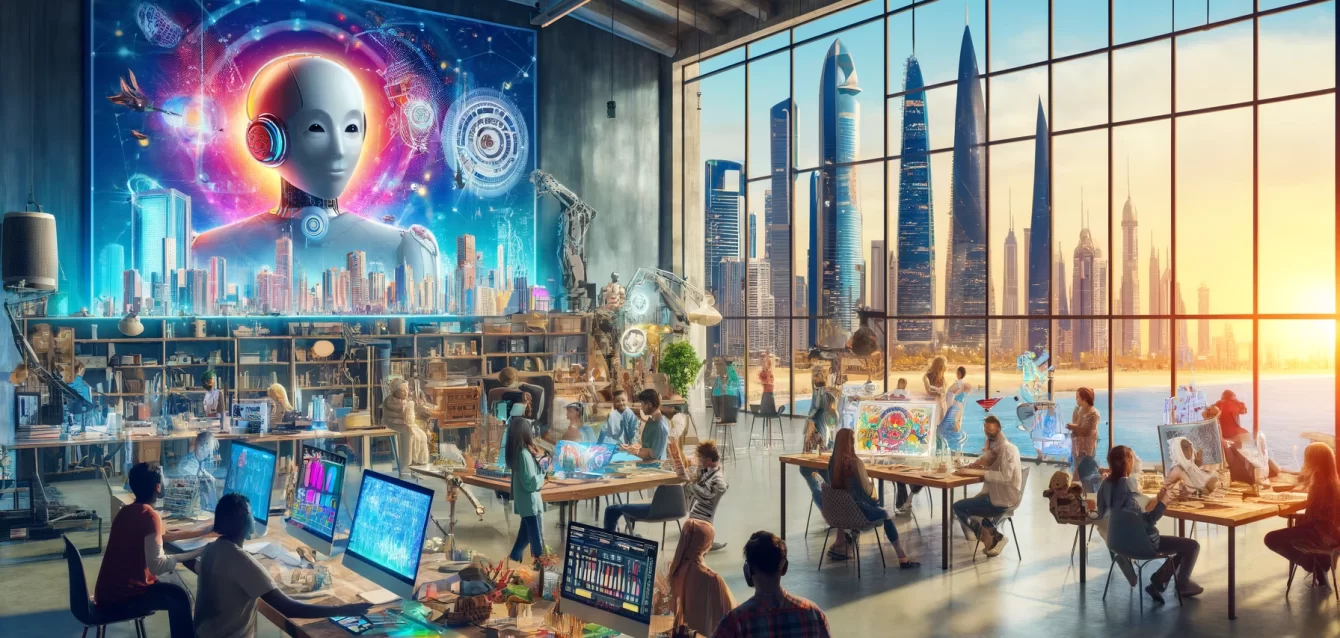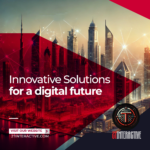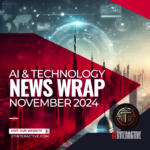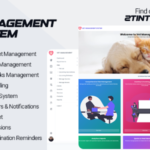AI and the Creative Industry: A Match Made in Heaven or a Recipe for Disaster?
The creative industry has long been synonymous with human creativity, imagination, and innovation. However, the rise of artificial intelligence (AI) has sparked concerns about its potential impact on the creative industry. In this blog post, we’ll explore the intersection of AI and the creative industry, examining the benefits and challenges that come with AI’s increasing presence.
The Benefits of AI in the Creative Industry
- Automation of Repetitive Tasks: AI can automate tasks such as data entry, image processing, and video editing, freeing up creative professionals to focus on high-level tasks.
- Enhanced Collaboration: AI-powered tools can facilitate collaboration between creatives, allowing for more efficient and effective communication.
- New Forms of Creativity: AI can generate new and innovative ideas, pushing the boundaries of what is possible in the creative industry.
- Improved Efficiency: AI can streamline workflows, reducing the time and effort required to complete tasks.
The Challenges of AI in the Creative Industry
- Job Displacement: AI may displace certain jobs in the creative industry, particularly those that involve repetitive or routine tasks.
- Loss of Human Touch: AI-generated content may lack the emotional resonance and human touch that are often present in human-created content.
- Dependence on Technology: Over-reliance on AI may lead to a loss of creative skills and a dependence on technology.
- Ethical Concerns: AI-generated content may raise ethical concerns, such as the potential for AI-generated content to be used to manipulate public opinion or spread misinformation.
The Future of AI in the Creative Industry
- Hybrid Approach: A hybrid approach that combines human creativity with AI-generated content may be the most effective way to harness the benefits of AI while minimizing its drawbacks.
- Education and Training: Educating and training creatives on the use of AI tools and technologies will be essential to ensuring a smooth transition.
- Emphasis on Human Skills: Emphasizing human skills such as creativity, empathy, and critical thinking will be crucial in a world where AI is increasingly prevalent.
- Regulation and Governance: Establishing regulations and governance structures to ensure the responsible development and use of AI in the creative industry will be essential.
Conclusion
The intersection of AI and the creative industry is complex and multifaceted. While AI has the potential to revolutionize the creative industry, it also poses significant challenges. By embracing a hybrid approach that combines human creativity with AI-generated content, educating and training creatives on the use of AI tools and technologies, emphasizing human skills, and establishing regulations and governance structures, we can harness the benefits of AI while minimizing its drawbacks.





